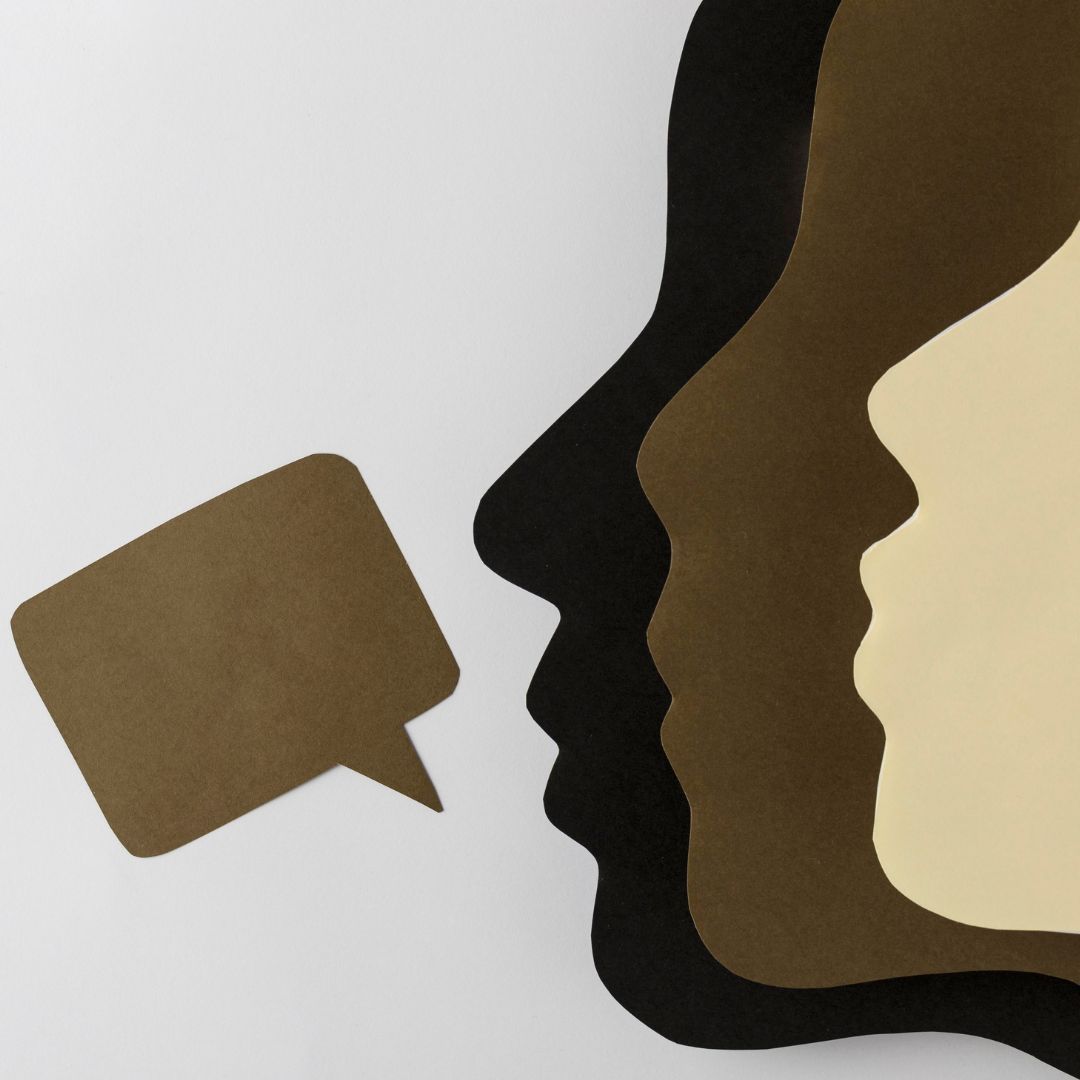Holding Space for Duality
The beginning and the end occur simultaneously.
As we reach the end of January, we welcome another month
.As we look towards newness, we also reminisce
.As we mourn, we also celebrate
.We often walk a dotted line between two truths– excitement and anxiety, life and loss, joy and pain. Holding space for multiple truths is how we reconcile with the push-and-pull of life
.You can practice honoring multiple truths with“and still” statements like these:
“I can be independentand
still need help.”
“I can be understanding and still have boundaries.”
“I can be grieving and still find joy.”
The complexity of our human experiences live in these dualities. We invite you to simply notice any shifts when using “and still” statements. How does it change your way of thinking and being?



COMPANY
SERVICES
CONTACT
